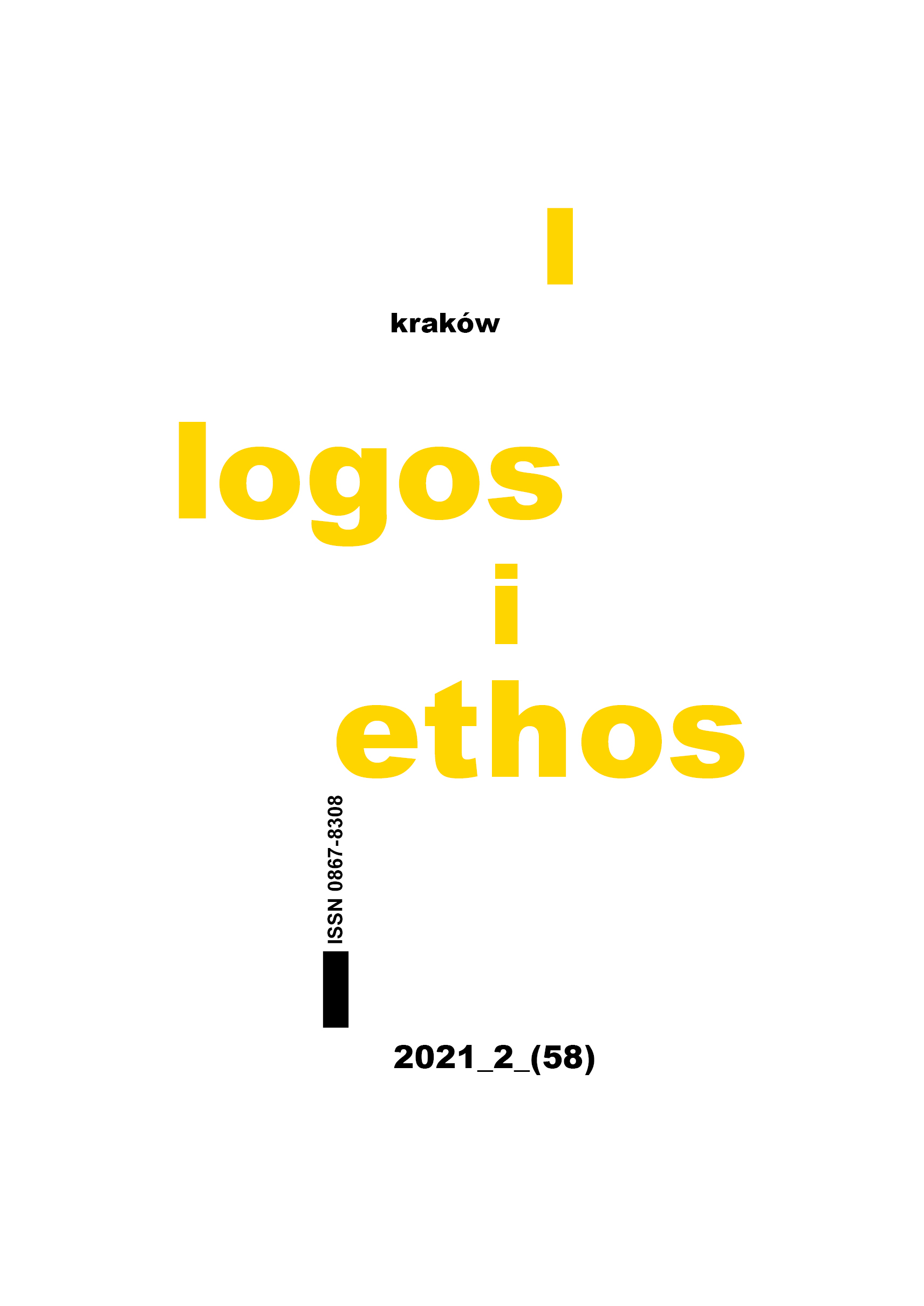Contentious Anthropological and Historiosophical Issues in Jacques Maritain’s Deliberations
DOI:
https://doi.org/10.15633/lie.4174Keywords:
Jacques Maritain, integral humanism, personalism, new christian civilization, integrismAbstract
The aim of the article is to discuss the issues related to the philosophy of the French neo-thomist Jacques Maritain. Special emphasis is placed on positions critical of the solutions proposed by Maritain, because this aspect is not very common in polish personalistic reflection. The fundamental question which determined considerations in article is the quality and validity of such Maritainian theories as the new christian civilization and the person-to-individual distinction. All considerations are based on classical philosophy, because Maritain tried to be a continuator of this trend.
References
Bartyzel J., Śmiertelny bóg Demos: pięć wykładów o demokracji i jej krytykach, Warszawa 2009.
Davies M., Sobór papieża Jana: rewolucja liturgiczna, tłum. A. Zdziech, Komorów 2011.
Encyklopedia katolicka, t. 6, red. zbiorowa, Lublin 1993.
Encyklopedia katolicka, t. 10, red. zbiorowa, Lublin 2004.
Encyklopedia katolicka, t. 17, red. E. Gigilewicz, Lublin 2012.
Grzybowski J. Jacques Maritain i nowa cywilizacja chrześcijańska, Warszawa 2007.
Hajducki H., Amerykanizm, „Zawsze Wierni” 68 (2005) nr 1, s. 5–15.
Hildebrand D. von, Koń trojański w Mieście Boga, tłum. J. Wocial, Warszawa 2012.
Hugon É., Zasady filozofii: dwadzieścia cztery tezy tomistyczne, tłum. A. Żychliński, Warszawa 2015.
Kowalczyk S., Wprowadzenie do filozofii J. Maritaina, Lublin 1992.
Lefebvre M., Oni Jego zdetronizowali: od liberalizmu do apostazji: tragedia soborowa, Warszawa 2002.
Majkrzak H., Antropologia integralna w „Sumie teologicznej” św. Tomasza z Akwinu, Kraków 2006.
Maritain J., Człowiek i państwo, tłum. A. Grobler, Kraków 1993.
Maritain J., Humanizm integralny, tłum. J. Budzisz, Londyn 1960.
Maritain J., Trzej reformatorzy: Luter, Kartezjusz, Rousseau, tłum. K. Michalski, Warszawa–Ząbki 2005.
Mazurek F.J., Godność osoby ludzkiej podstawą praw człowieka, Lublin 2001.
Mrówczyński T., Personalizm Maritaina i współczesna myśl katolicka, Warszawa 1964.
Niesyty E., Jacques’a Maritaina teoria przełomu psychokulturowego na tle nowożytnych teorii myślenia społecznego: chrześcijanin wobec kultury i historii, Poznań 1997.
Niesyty E., Miejsce i rola personalistycznej koncepcji społeczeństwa demokratycznego w humanizmie integralnym Jacques’a Maritaina, Poznań 2005.
Skarga B., Czas i trwanie: studia o Bergsonie, Warszawa 1982.
Tissier de Mallerais B., Portret filozoficzny Josepha Ratzingera, tłum. M. Beściak, Warszawa 2018.
Wciórka L., Personalizm J. Maritaina a Vaticanum II, w: Jacques Maritain – prekursor soborowego humanizmu: myśl filozoficzno-teologiczna Jacques’a Maritaina, red. S. Kowalczyk, E. Balawajder, Lublin 1992.
Downloads
Published
Issue
Section
License
Authors who publish with this journal agree to the following terms:
- Authors retain the copyright and full publishing rights without restrictions, and grant the journal right of first publication with the work simultaneously licensed under a Creative Commons Attribution 4.0 International License that allows others to share the work with an acknowledgement of the work's authorship and initial publication in this journal.
- Authors are able to enter into separate, additional contractual arrangements for the non-exclusive distribution of the journal's published version of the work (e.g., post it to an institutional repository or publish it in a book), with an acknowledgement of its initial publication in this journal.
- Authors are permitted and encouraged to post their work online (e.g., in institutional repositories or on their website) prior to and during the submission process, as it can lead to productive exchanges, as well as earlier and greater citation of published work (See The Effect of Open Access).

